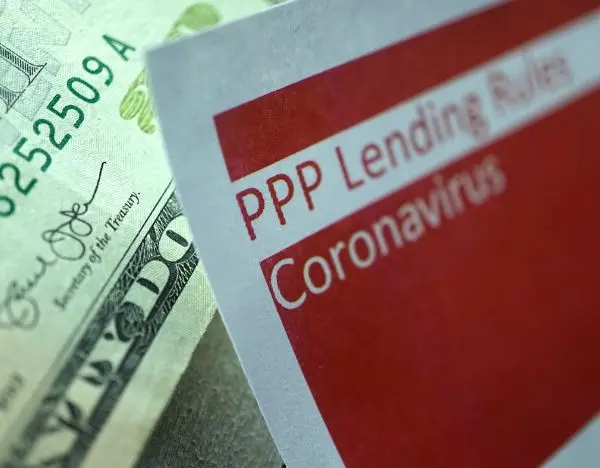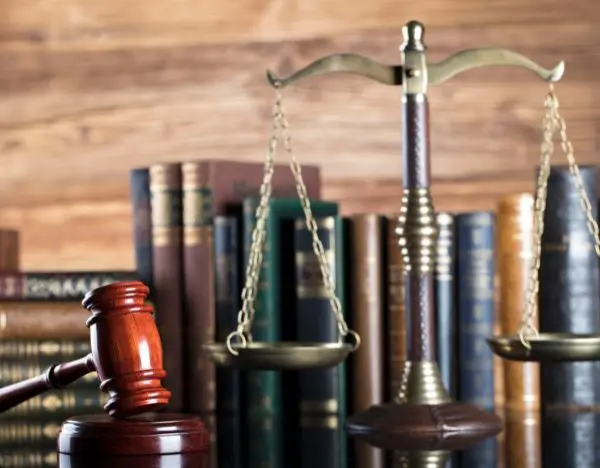
The recent unsealing of charges by the United States Attorney for the Southern District of New York and the Assistant Director-in-Charge of the New York Office of the Federal Bureau of Investigation (FBI) has brought significant attention to allegations of major fraud against the U.S. government. These charges include conspiracy to commit wire fraud, bank fraud, and aggravated identity theft related to acquiring over $13 million in Paycheck Protection Program (PPP) loans. This case underscores the complexities and legal intricacies involved in administrating and overseeing federal relief programs during times of economic crisis.
The defense is rooted in a comprehensive examination of the circumstances surrounding the PPP loan applications submitted from April 2020 through June 2021. These applications have been scrutinized for certifying that the companies involved had multiple employees and significant payroll expenses, a claim contested by the prosecution based on Social Security Administration wage reporting.
It is crucial to highlight that the PPP loans were designed to assist small businesses in navigating the unprecedented economic impact of the COVID-19 pandemic. The complexity of the PPP loan application process and the evolving guidelines provided by the SBA during this crisis period are significant factors to consider in understanding the actions taken by the accused.
Regarding the use of the PPP loan proceeds, the defense will present evidence to clarify the financial transactions and allocations made by the individuals, which have been misconstrued as personal enrichment. The accusation of using an employee’s personally identifiable information without authorization is a serious matter, and this charge will be addressed with the utmost diligence to establish the individuals' intentions and compliance with the law.
The individuals, aged 54 and 43, respectively, vehemently assert their innocence against these charges. They are prepared to defend their actions within the legal framework provided for the PPP loan program, emphasizing the intent to support their business operations during a period of economic instability.
As the legal process unfolds, it is important to remind the public and the media that these charges are merely accusations. In the United States, the principle of ‘innocent until proven guilty’ is a cornerstone of our justice system. The accused are entitled to a fair trial, and the defense will demonstrate adherence to the law and the intended use of the PPP loans to sustain their business amidst the challenges posed by the pandemic.
PPP Loan Fraud refers to fraudulent activities associated with the Paycheck Protection Program (PPP), a loan program established by the U.S. federal government in 2020 as part of the Coronavirus Aid, Relief, and Economic Security (CARES) Act. The PPP was designed to help small businesses maintain their workforce during the COVID-19 pandemic by funding payroll costs, mortgage interest, rent, and utilities. The loans provided under the PPP could be forgiven if businesses met certain criteria, primarily using the funds for eligible expenses and maintaining employee and compensation levels.
False Eligibility Claims: Businesses or individuals applying for PPP loans when they do not meet the eligibility criteria, such as falsely claiming to have a certain number of employees or operating a legitimate business when they do not.
PPP Loan Fraud is considered a serious offense, subject to investigation by federal agencies such as the Federal Bureau of Investigation (FBI), the Internal Revenue Service (IRS), and the Small Business Administration (SBA) Office of Inspector General. Individuals or entities found guilty of PPP Loan Fraud can face severe penalties, including fines, restitution, and imprisonment.
The U.S. Department of Justice has actively prosecuted cases of PPP Loan Fraud as part of its commitment to safeguard taxpayer dollars and ensure the integrity of the PPP and other relief programs designed to assist businesses and individuals affected by the COVID-19 pandemic.
PPP borrowers should be acutely aware of the risks associated with whistleblowers and the False Claims Act (FCA) in the context of the Paycheck Protection Program (PPP) loan process. The PPP, established to help small businesses maintain payroll and cover other essential expenses during the COVID-19 pandemic, requires applicants to certify the accuracy of the information they provide. Given the rapid deployment and large scale of the program, it has been a significant target for fraud, leading to increased scrutiny from federal agencies and the potential for whistleblower actions under the FCA.
The False Claims Act is a federal law that imposes liability on individuals and companies who defraud governmental programs. One of the key features of the FCA is its qui tam provision, which allows private individuals, known as “whistleblowers” or “relators,” to file lawsuits on behalf of the government against entities that are believed to have submitted false claims for government funds. If the lawsuit results in a recovery of funds to the government, the whistleblower can receive a portion of the recovered amount as a reward.
PPP borrowers could face FCA liability if they knowingly submit false certifications regarding their eligibility, use of funds, or compliance with PPP requirements. This includes, but is not limited to:
The FCA’s definition of “knowingly” is broad and includes actual knowledge, deliberate ignorance, or reckless disregard of the truth or falsity of the information provided.
Whistleblowers could be employees, competitors, or other parties with knowledge of the borrower’s PPP loan application and use of funds. Given the potential financial incentive for whistleblowers, PPP borrowers must ensure the accuracy and compliance of their loan applications and adherence to the program’s terms.
If you’re concerned about being investigated for PPP (Paycheck Protection Program) loan fraud, it’s crucial to recognize the signs that might indicate you are under scrutiny. The PPP was designed to help businesses keep their workforce employed during the COVID-19 crisis, but due to the rapid deployment and significant demand, it also became a target for fraudulent claims. Here are some indicators that you might be under investigation for PPP loan fraud:
Bank Inquiries
Your bank may contact you with questions about your PPP loan application, disbursements, or how the funds were used. While banks routinely perform due diligence, unusual or detailed inquiries could be a sign of a deeper investigation.
Contact from Government Agencies
Receiving communication from government entities, such as the:
This might include letters, phone calls, or emails asking for additional information about your PPP loan.
If you receive a subpoena or a legal order requesting documents related to your PPP loan, it’s a clear sign that an investigation is underway. These documents could include financial records, communications, and other information related to your PPP loan application and use of funds.
Interview Requests
Requests for interviews by federal agents or investigators are a strong indication of an investigation. These interviews might not only involve you but also your employees, business partners, or associates.
Notices of Audit or Review
The SBA or other regulatory bodies may notify you of an audit or review of your PPP loan. While some audits are routine, an audit prompted by discrepancies or complaints is a serious matter.
Suspension of Loan Forgiveness
If your application for PPP loan forgiveness is suspended or denied without a clear reason, it might be under review for compliance with the program’s requirements.
Social Media or Public Scrutiny
Increased scrutiny on social media platforms or in the press, especially if your business’s use of PPP funds is being questioned, can sometimes precede formal investigations.

If you are being charged with PPP loan fraud, it is essential to seek legal representation with experience in PPP loan fraud defense lawyer to protect your rights. Contact us today.
Attorney Advertising | Prior results do not guarantee a similar outcome. The information on this website is for general information purposes only. Nothing on this site should be taken as legal advice for any individual case or situation. This information is not intended to create, and receipt or viewing does not constitute, an attorney-client relationship. This site is protected by reCAPTCHA and the Google Privacy Policy and Terms of Service apply.